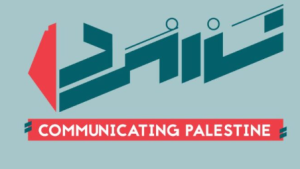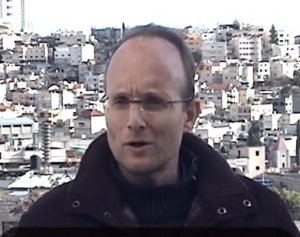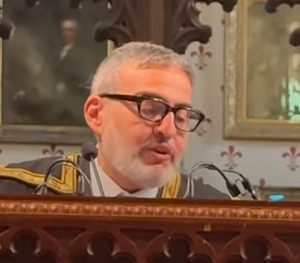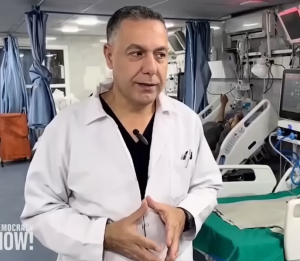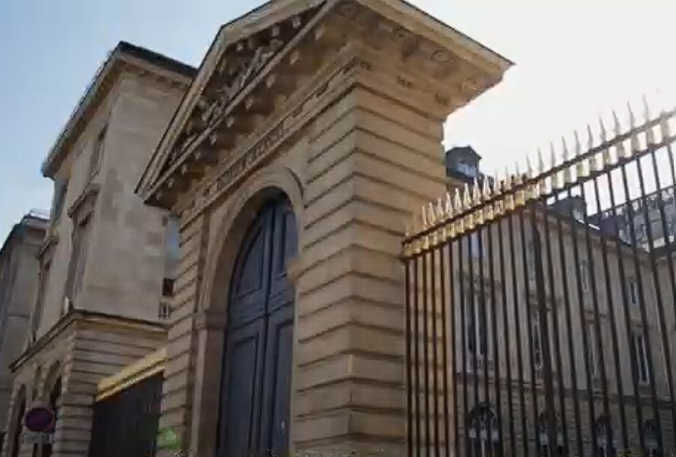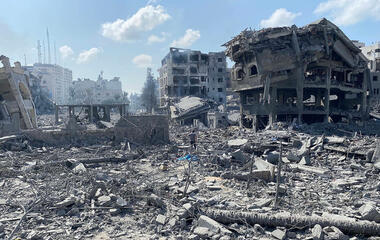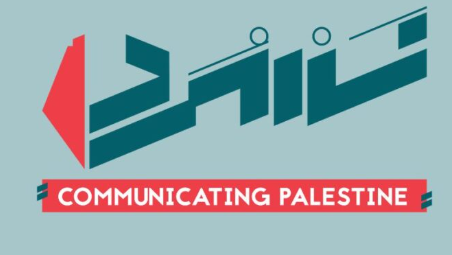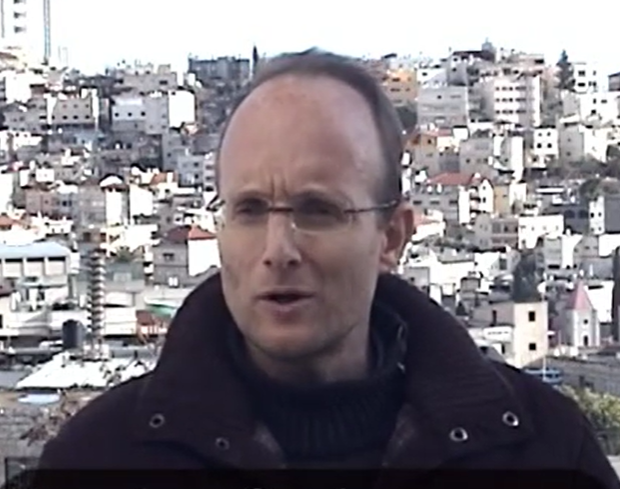16 November 2025
The College de France is probably the most prestigious academic institution in France. Distinguished academics from all over the world are invited to spend a term or longer at the College and to give lectures free and open to the public. At any one time the visitors include a number of Nobel prizewinners (e.g. Esther Duflo) and Fields medalists (e.g. Timothy Gowers). It is all the more shocking therefore that the Minister for Higher Education and Research, under the sway of pro-Israel publicists and academics, should lean on the director of the College to cancel a carefully planned international conference on Gaza and Europe and that the director should give way to this pressure. The following protest by several of the academics connected to the College appeared in Le Monde and is reprinted here with thanks to AURDIP.
For professors of the Collège de France: “The cancellation of the conference “Palestine and Europe” creates an extremely serious precedent”
Posted on | The Source World
A group of professors from the institution is protesting, in an opinion piece in “Le Monde”, against the deprogramming of the event, which for them is synonymous with a threat to academic freedom
The Collège de France, through its administrator, has taken the decision to cancel the international conference “Palestine and Europe: the weight of the past and contemporary dynamics” [to be held on November 13 and 14 at the Arab Center for Research and Political Studies in Paris], causing incomprehension among a large part of the scientific community. in France and abroad. While we are aware of the pressures on its holding and the administrative responsibilities that come with it, we regret this decision, which disproportionately puts security issues ahead of respect for academic freedom, which is under increasing threat in many parts of the world.
It is concerned about the future of academic freedom at the Collège de France, in our country and beyond, that we would like to recall that this freedom protects not only a public good, but also a common good, and that it therefore establishes a collective responsibility with regard to knowledge.
Because of the unique place it occupies in the institutional landscape of research and teaching, the Collège de France is particularly exposed to the court of public opinion and political censorship. This makes his responsibility to defend academic freedom all the greater. The cancellation of a scientific event voted on by the teachers’ assembly is an extremely serious precedent, because it weakens the very possibility of scientific and intellectual debates on social issues, as soon as they would be the subject of political, partisan or media interventions aimed at prohibiting or preventing them.
At a time when free research and the education that stems from it are under attack in many countries, the message sent by recent events is certainly worrying. We will not cease to fight against any unjustified hindrance to rigorously informed and freely exposed discussion, and to disagreement, which is the condition for all scientific debate.
Alleged politicization of science
Academic freedom is often poorly known, or misunderstood, reduced to a simple principle, confused with freedom of expression or as implying an obligation of neutrality. However, the academic freedom of teacher-researchers is guaranteed by international and European human rights law. As an individual right, it includes the freedom of research, teaching and expression of researchers and teachers, but it also protects the right to autonomy of research and educational institutions.
Above all, academic freedom establishes responsibilities, both for teacher-researchers and for their institutions. It is in this respect that these institutions have a duty of confidentiality, but this is precisely aimed at protecting the free exercise of the rights of their teacher-researchers against political censorship and the moral coercion of a minority or the majority.
This duty of discretion of research and educational institutions cannot therefore be exercised to the detriment of the academic freedom of their members. Indeed, teacher-researchers are not bound by such a duty, and even less by an obligation of neutrality. Their only responsibility is with regard to science and the search for truth. It is a question of scientific integrity and respect for the epistemic constraints internal to the professional practice of their knowledge, including when it comes to knowledge that relates to the contemporary problems and needs of society, and which may therefore displease some.
The social sciences are particularly affected by external pressures on research and educational institutions, but the earth sciences, biology and medicine are not spared, as the current situation in the United States shows. Attacks on the so-called politicization of science are themselves very often part of a political and ideological offensive against the autonomy of research and educational institutions. We believe that the Collège de France must continue to defend, everywhere and always, the autonomy of science with regard to both public and private authorities.
Academic freedom is not absolute, of course. However, as a human right, it may only be restricted in order to protect the rights of others or the general interests recognised by law, through a democratic procedure and in a proportionate manner. Apart from these conditions, the beneficiaries, whether they are teacher-researchers or teaching and research institutions, cannot renounce their academic freedom at the price, otherwise, of sacrificing the equal freedom of all others.
¶Samantha Besson, Patrick Boucheron, Laurent Coulon, Esther Duflo, Didier Fassin, François-Xavier Fauvelle, Sonia Garel, Timothy Gowers, Marc Henneaux, Xavier Leroy, Antoine Lilti, Pierre-Louis Lions, Vinciane Pirenne-Delforge and Isabelle Ratié are professors at the Collège de France.


